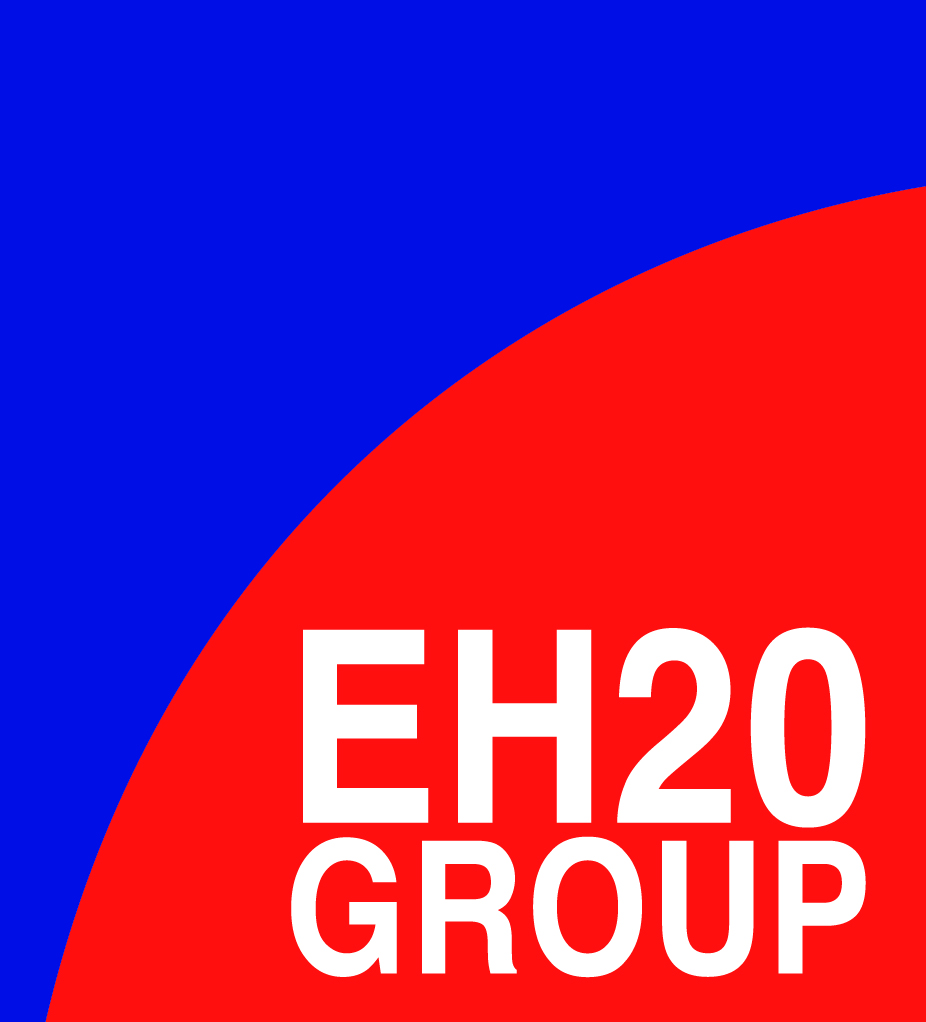What is a CV?
A CV, which stands for curriculum vitae, is a document used when you are applying for jobs. It allows you to summarise your education, skills and experience, which in turn allows you to sell your abilities to potential employers. Alongside your CV employers may also ask for a cover letter.
How long should your CV be:
Ideally, your CV should be no longer than two sides of A4. Although, this one size won’t fit everyone. As long as you manage to outline all your recent experience. To save space and to avoid rambling try to include all your main points of education and experience. This will help you stick to making sure all information is relevant and to avoid repeating yourself. The main thing to remember is to SELL YOURSELF, your CV is to represent you and the work you have done to get you where you are now.
What to include in your CV:
Contact details – Include your full name, home address, mobile number and email address.
Profile – A CV profile is a statement that highlights your key attributes and helps you stand out from the crowd. Usually placed at the beginning of a CV it picks out relevant achievements and skills, while expressing your career aims. A good CV profile focuses on the sector you’re applying to, as your cover letter will be job-specific. So it might be ideal to keep it as general as you can, so it can be easily edited when needed. Try to keep your personal statements short and snappy – ideally around 100-150 words.
Education – List and date all previous education, including professional qualifications. Place while making sure the most recent and relevant is where you start, and work backworks. Include qualification type/grades, and the dates. Depending on the course, you may find it helpful to list relevant modules (as it may be asked).
Work experience – List your work experience, starting with your most recent and working your way back , making sure that anything you mention is relevant to the job you’re applying for. Include your job title, the name of the company, how long you were with the organisation and key responsibilities.
Skills and achievements – This is where you talk about the skills you have gained from any previous jobs, work experience during school or any kind of graduate programes. The key skills that you list should be relevant to the job. Don’t exaggerate your abilities, as you’ll need to back up your claims at the interview. Sell yourself, but don’t exaggerate.
References – You don’t need to provide the names of referees at this stage. You can say ‘references available upon request’ but most employers would


